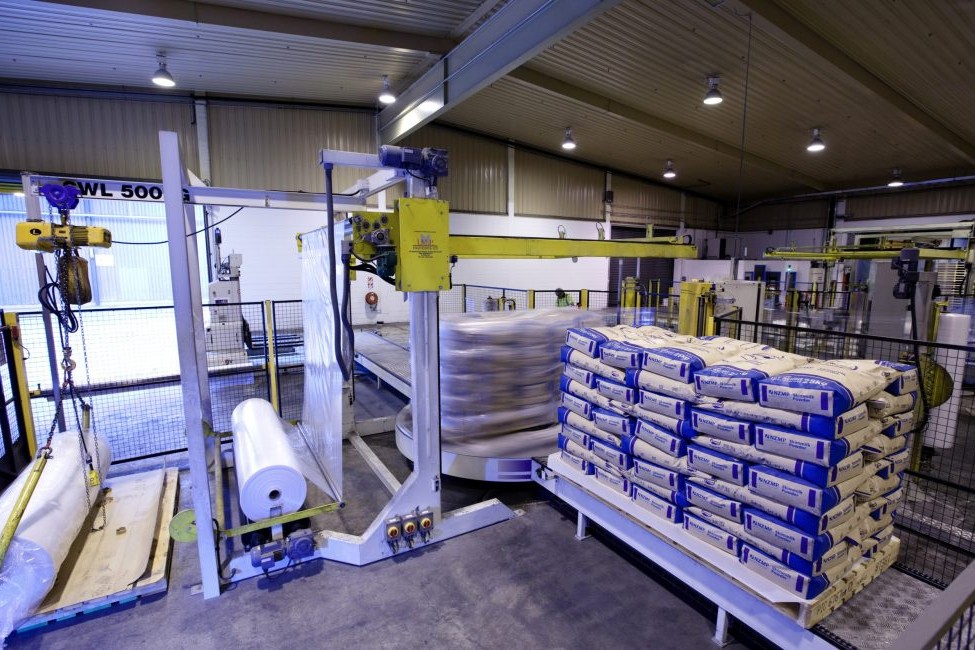Words by: Nicola Shadbolt
![]() Governance of a corporate and a co-operative is very similar in that both involve leadership of a business and must ensure the business works within the laws of the land.
Governance of a corporate and a co-operative is very similar in that both involve leadership of a business and must ensure the business works within the laws of the land.
The Companies Act dictates many of those rules of behaviour and is quite clear that the board must do what is right for the company, this is not universal as in some countries the equivalent law is quite clear that it is the interests of the shareholders that must be paramount.
In many situations what is good for the company is also good for the shareholders, but this is not always the case.
There can be differences between time horizons so implementing (or lacking) long-term strategy that restricts (or enhances) short-term returns can cause conflict. In recent times the rise of the activist investors has also seen boards challenged on ethical or environmental grounds. The voice of the owners in both corporates and co-operatives is heard most clearly when they vote, whether it be for board directors or for constitutional change.
This tension between shareholders and the company is exacerbated in co-operatives for a number of reasons.
The relationship between co-operative members (shareholders) and their company has multiple faces. As with the corporates equity capital is provided through membership fees or shares when they join the co-operative and through the retention of profits each year, but they also make the commitment to sell to or buy from the co-operative, in most cases the amount they pay to join is based on that commitment. The basis on which cooperatives are formed is called mutuality, in other words ‘we are stronger together than apart’. So, for the governors of a co-operative knowing that commitment is critical to the success of the business means that they ignore their shareholders at their peril. If commitment drops not only will they lose suppliers or buyers they will also lose equity funds as the members leave, although most cooperatives delay payment of such funds for some time (Fonterra being the exception under DIRA).
In some cases membership fees are the same at entry and exit, they do not take with them any increase in equity value over time, so the impact of their exit is more on the lack of business than the balance sheet.
If you unpick some of the poorer performance and, in some cases, the demise of co-operatives in recent times it so often can sheet back to managing this tension.
Does the board ‘milk the balance sheet’ to pay the best price to their suppliers so they do not leave, do they retain less and pay more in dividends or rebates to their members, so they do not leave?
Do they invest in new assets and fund it by bringing in new suppliers but at a membership fee that does not cover the cost of the new assets?
In all instances the answer from a governance perspective would be no if such actions put the co-operative at risk.
In some instances, a co-operative with a strong balance sheet might use that strength to assist their members through a difficult time but as with a corporate the primary focus of the board should be on how to ensure the business is delivering the best earning over time.
The Companies Act also addresses imbalance of power by being very specific about how minority shareholders should be treated. Co-operatives are not only bound by this law but also by the principles under which co-operatives exist, democratic member control in particular.
Funding options also differ between corporates and co-operatives, both can source equity finance through retentions of profit and debt finance, but the corporates actively issue or absorb shares to manage their cost of funds. This is less possible for co-operatives.
Timeframe can also differ between cooperatives and corporates. In both cases the boards should be strategic with a longterm focus, corporates however are noted as being responsive to quarterly reporting, something co-operative board members do not have to contend with.
- Nicola Shadbolt is Professor of Farm and Agribusiness Management at Massey University and a former director of Fonterra.





